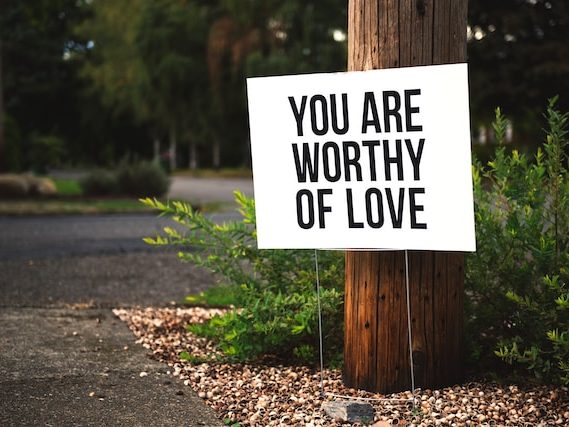Our mind is a complex and fascinating web of thoughts, emotions, and beliefs that shape our perceptions and behaviors. Beliefs, in particular, play a crucial role in how we perceive and interpret the world around us, which greatly influences the decisions we make in life. But where do our beliefs come from, and why can they be limiting?
Beliefs are the thoughts and ideas that we hold to be true about ourselves, others, and our place in the world. Factors such as our upbringing, experiences, culture, and education influence our view of the world and our place in it. Some beliefs are conscious, meaning we are aware of them e.g.” I always chose to wrong man/woman for me”, while others are subconscious, buried deep in our minds without us even realizing their existence, e.g.” I always choose the wrong man/woman for me because I believe I am unworthy of love, so I choose those who through their actions will confirm that belief”.

Beliefs provide us with a sense of identity. However, beliefs are limiting when they are based on inaccurate or negative perceptions of ourselves or the world. We all are plagued by limiting beliefs in one or more facets of our life.
Most of the thoughts that pop into our minds are distorted in some way and are usually negative or missing information. In Cognitive Behavioral Therapy (CBT), these are referred to as cognitive distortions. Cognitive distortions are biased ways of thinking that can distort our perceptions of reality, leading to faulty beliefs. For example, black or white / all or nothing thinking, “If I try something new and I fail, I will never get it” or “If I started a new healthy eating plan and I give into temptation one day, you give up because you have failed, so what’s the point of continuing”, “ I have failed at this, so I am a failure”. These distortions make us risk-averse, create unnecessary pressure to be perfect, and limit our desire to explore new opportunities.
When we believe we are not good enough (a very common belief) we take everything personally and this leads to behaviour such as people-pleasing, not speaking up, and agreeing to do things we do not want to do. We end up avoiding certain situations and people, engage in self-sabotaging behaviour, and develop dysfunctional relationships. This then confirms this unconscious belief that we are not good enough and we get more of the same.
Tsahai what should I do? Follow this 3-step process: First, you identify the limiting belief by bringing awareness to it. You will know when it’s at play because you will feel bad – use your emotions as your guide. Then you question its relevance – “Is this true” “What proof do I have that this is true”. And finally, replace it with a belief that is true.
I practice CBT in my personal life and with my clients. I have found it is one of the fastest avenues to a permanent change in behaviour, which leads to new experiences, and opportunities and helps you to live a happier, more confident, and more successful life.
Do you want to find out more?
